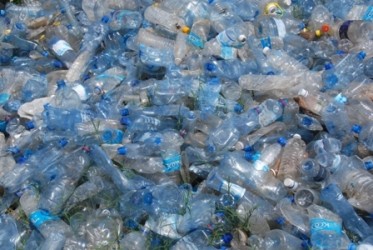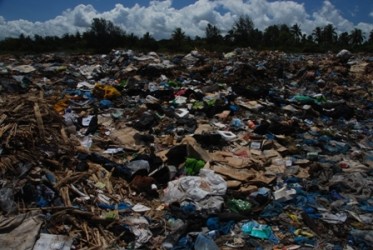
In Tanzania, as in many African countries, there is evidence of the informal economy wherever you look. As you walk through the streets of Dar Es Salaam, there are small stalls everywhere, selling fruit and veg, plants, mobile phone sim cards and all sorts of other goods. There are men selling second hand shoes out of plastic bags and unofficial ‘taxis’ everywhere. When you are in areas populated by ‘wazungu’ (Europeans) there are sellers of paintings, bags, masks and Maasai jewellery, not to mention the various touts wanting to show you around, take you on tours, carry your bags and teach you Swahili. When you are driving, an extraordinary range of items will be waved at you through the car window – so far this week I have noted hat stands, laminated maps of Tanzania, ironing boards, nuts and fruits, ice creams, men’s shirts, and second hand copies of Hello! magazine.
There are many downsides to so many people being reliant on the informal economy – poor pay and no job security, and a lack of tax revenue for the government being just some. However this week I have seen an example of one of the possible up-sides. This weekend, while on a trip to the beach with two environment advisers, I had the ‘privilege’ of visiting a rubbish tip (perils of hanging out with environment advisers!).

One of the interesting things about it was the fact that people were sorting the rubbish for recycling. Not in the systematic way that recycling is sorted in the UK, where council’s provide us with boxes to sort out our own paper and cans. This is an informal money making scheme, but itmeans that a large proportion of the rubbish is sorted and removed from the tip – plastics, metals and anything useful.

However the lack of a formal rubbish collection system means that rubbish just spills down the road. We saw men playing football on a pitch half covered in plastic bags, and cows eating from the decomposing waste. The health implications for the people sorting through the rubbish are also obvious to all. What interested my companions was the potential to 'formalise' the sector by investigating recycling options and possibly energy-from-waste plants...which would help to meet rising electricity demand.

1 comment
Comment by Adam Hooper posted on
Unfortunately, Dar es Salaam (at least, Tabata, the district where I lived) doesn't have garbage collection. People burn all their garbage--including plastic bags--in the ditches outside their houses.
I was told there used to be garbage collection in Tabata but the government backed out of it. Wouldn't it be neat to fund garbage collection by sorting through the garbage for scraps after collecting it....